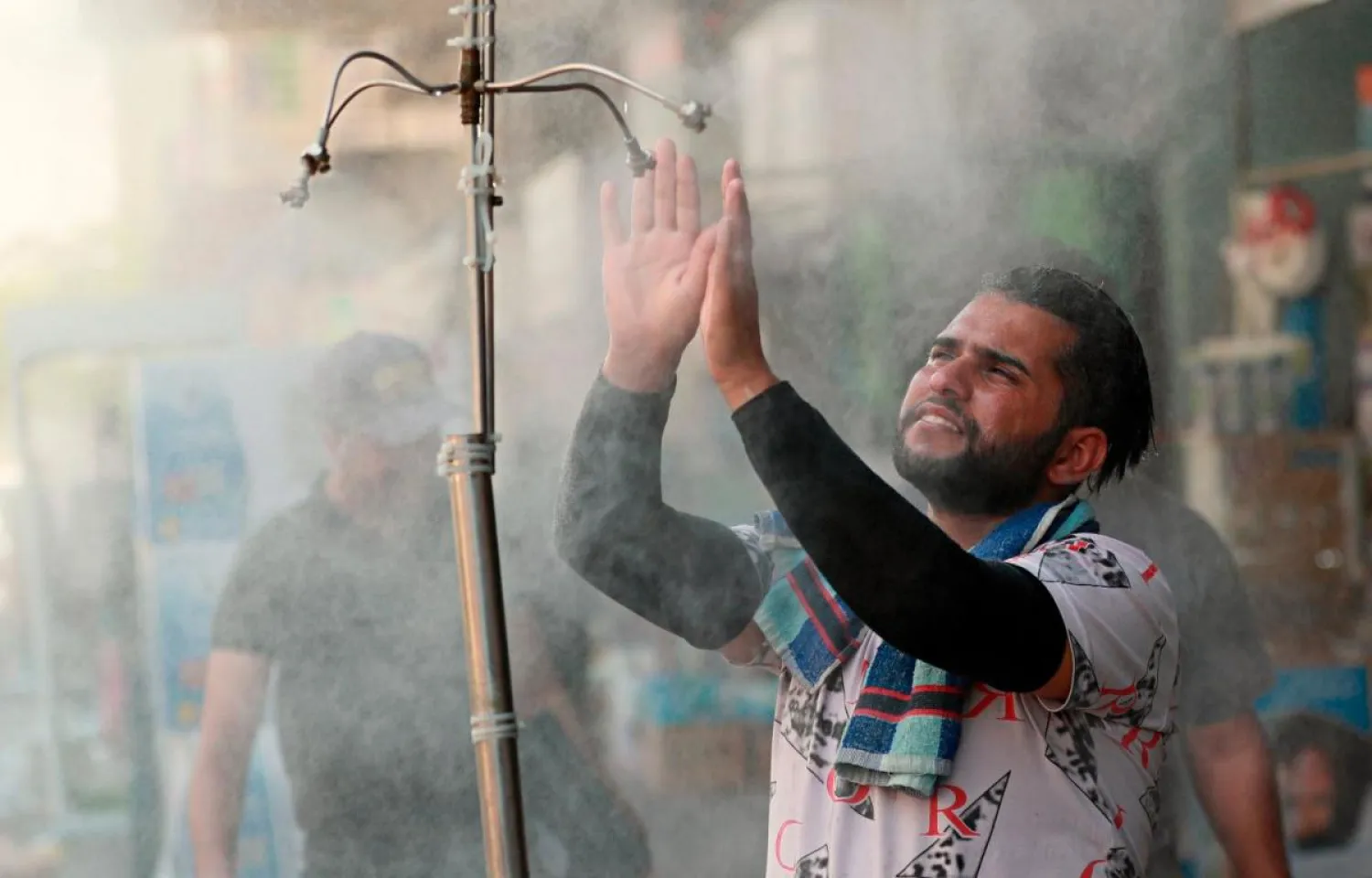Coronavirus cases have recently spiked in Iraq, sparking concerns of a growing outbreak amid a lack commitment by many citizens to health-related guidelines.
The concerns have grown bigger as the Iraqi authorities intend to lift the partial curfew during Eid al-Adha, end of July.
Last week, Baghdad declared its intention to lift the lockdown after the Eid but backed down after coming under criticism.
Riyad Abdul Amir, the director of the Ministry of Health, said that the Ministry has called for a curfew throughout the Eid.
Its request has been approved by the Higher Committee for Health and National Safety in order to avoid a wider outbreak similar to the one witnessed a week after Eid al-Fitr.
For weeks, cases have been spiking but recoveries are increasing as well, according to Abdul Amir.
The tally of cases could possibly decline if citizens continue to abide by precautionary measures, he said.
Each citizen should work on protecting himself and his family because the virus shouldn’t be underrated, he added.
Total cases in Iraq surpassed 100,000 while recoveries reached 65 percent and deaths more than 4,000.
The People's Mobilization Committee (PMC) announced burying 77 COVID-19 patients from ten provinces in the new Wadi Al-Salam Cemetery in Najaf in the past 24 hours.
In a statement, PMC revealed that the death toll from all provinces had reached 3,549 by Wednesday.
In a headway that reflects containing the pandemic in Nineveh, the Tal Afar Department of Health announced shutting down quarantine facilities following the recovery of all patients.
It confirmed that the two centers in Tal Afar were closed after ensuring the recovery of all patients there.









